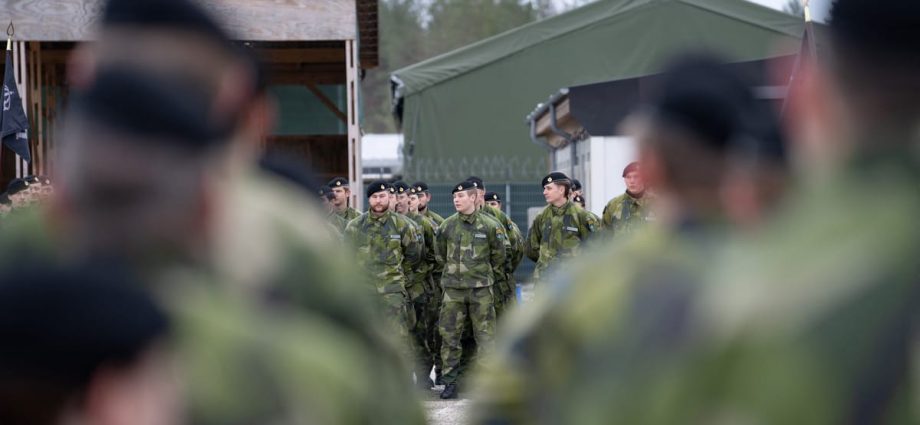Then, there was the gratuitous shuttering of government-funded broadcasting, a key element of U.S. soft power with a rather negligible price tag — and one that helped win the Cold War. Radio Free Europe-Radio Liberty reaches audiences in 23 countries, in 27 languages, and with an annual budget that’s less than half of what the Czech Republic spends on its public television.
The administration then discontinued support for the Open Technology Fund — a $43 million-a-year operation overseen by Radio Free Asia, helping citizens living under repressive regimes (especially China) access the internet and Western media. It also cut its funding for Yale’s Humanitarian Research Lab, which received $26 million in federal funding since 2022 to investigate Russia’s abductions of Ukrainian children, resulting in international indictments against Russian President Vladimir Putin and other Russian officials.
If that’s not value for money, nothing is.
Speaking on the Hugh Hewitt’s show last week, Secretary of State Marco Rubio was right: “If [the Chinese] end up outcompeting us, out-innovating us, outworking us, what have you, that’s one thing. But for us to sort of unilaterally allow them to do that rise while not playing by the same rules, then that would be on us,” he said.
Yet, unilateral soft-power disarmament is the best way to describe what appears to be the administration’s policy — and it’s likely to extend to hard power as well.
There was no conceivable reason to close the Office of Net Assessment agency at the Department of Defense, a small but intellectually vibrant “think tank” tasked with examining the likely contours of future military conflicts.



